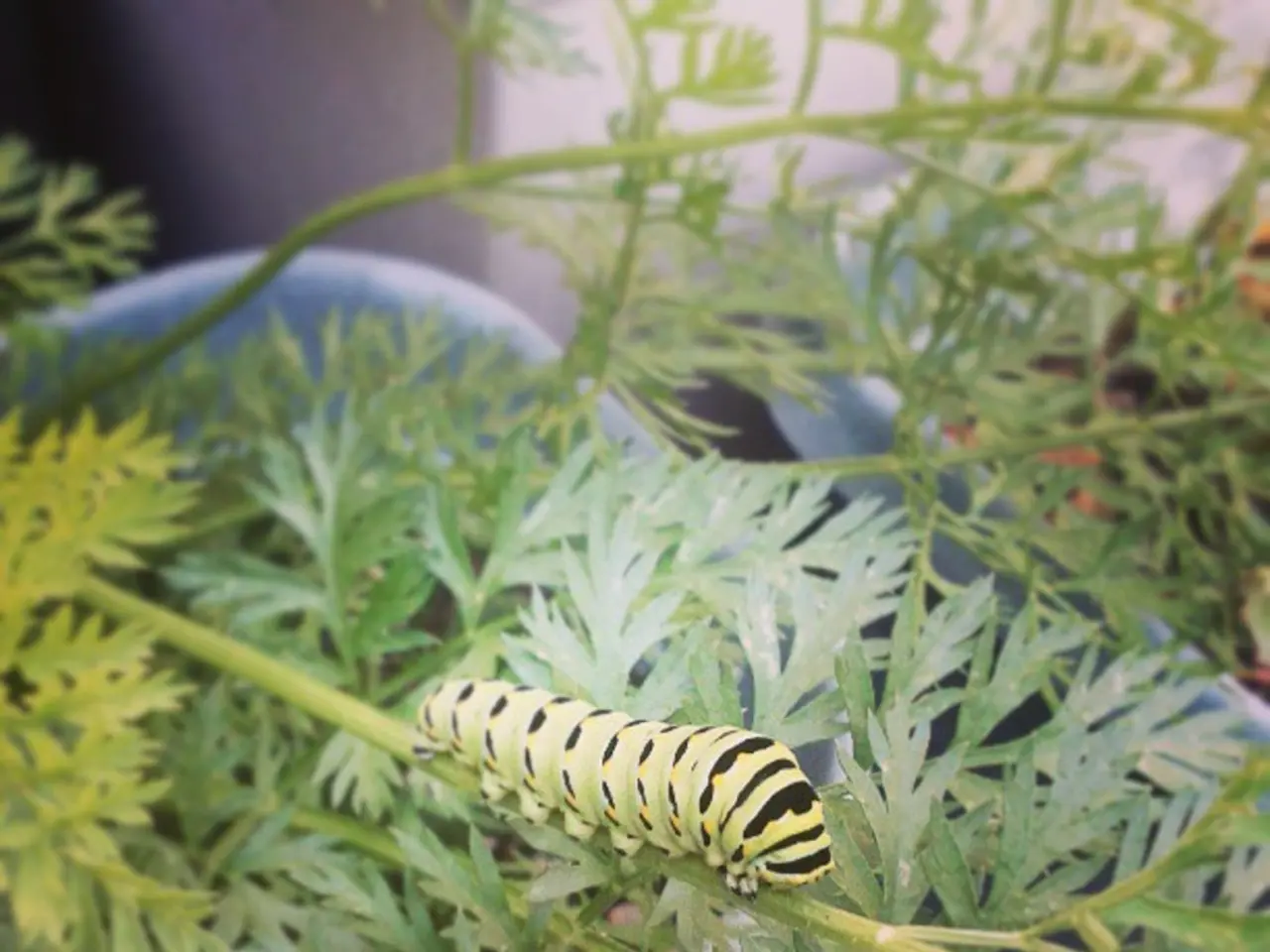Garden spices drove away white wings, trips, and ants.
In the world of gardening, maintaining a healthy and pest-free plot can be a challenge. However, there are numerous natural solutions that can help you control insects and combat common issues like chlorosis. Here are some practical tips for a greener, healthier garden.
Natural Insect Repellents
- Mustard: Boil mustard seeds or powder in water, then strain and spray the solution on your plants. The pungent compounds in mustard act as a natural deterrent for many insects, helping reduce pest populations.
- Black Pepper: Mix crushed black peppercorns or ground black pepper with water and a few drops of mild liquid soap. Black pepper's strong aroma and irritating properties repel aphids, ants, and other common garden pests.
- Cloves: Clove oil or a homemade infusion made by boiling cloves can be diluted in water and sprayed on plants. Cloves contain eugenol, a natural insect repellent, making them effective against aphids, mites, ants, mosquitoes, and more.
These natural sprays can be used individually or combined, applied regularly to affected plants, especially on the undersides of leaves where pests often gather. They are non-toxic, safe for humans, and environmentally friendly alternatives to chemical pesticides.
Combating Chlorosis
Chlorosis, a condition characterised by yellowing of leaves due to iron deficiency, can be tackled with a simple mixture. Combine 1 tablespoon of lime and 1 tablespoon of baking soda in a liter of water. This solution, when watered onto the soil around the affected plant, can help combat chlorosis.
Additional Tips for Sustainable Pest Control
- Introducing or attracting beneficial predatory insects such as ladybugs and lacewings that feed on pests can be an effective method.
- Using mechanical barriers like protective netting and sticky traps for physical exclusion can help keep pests at bay.
- Incorporating agronomic practices such as deep plowing to destroy pest eggs and manual pest removal can also be beneficial.
- Applying other natural substances like neem oil or garlic-based sprays for broader pest management can provide additional protection.
By combining these methods with mustard, black pepper, and clove sprays, you can achieve effective, sustainable pest control without toxic chemicals. Always test sprays on a few plants first to check for plant sensitivity.
For more natural tips on pest control, tune into the "My Garden. Garden and Vegetable Patch" channel. And remember, a healthy, pest-free garden is just a few natural solutions away!
[1] Source: University of California Agriculture and Natural Resources, "Pest Management Strategies for Home Gardeners" [3] Source: Cornell University Cooperative Extension, "Garden Insects: Identification and Biological Control" [5] Source: Texas A&M AgriLife Extension Service, "Organic Pest Management in Home Gardens"
Implementingthe spray solution made from mustard, black pepper, or cloves can help deter garden pests, making your garden healthier and more pest-free. To combat chlorosis, a condition that causes leaf yellowing due to iron deficiency, a solution of lime and baking soda can be applied to the soil around the affected plant. By integrating these methods with beneficial insects, mechanical barriers, agronomic practices, and other natural substances, you can achieve a sustainable pest control system without harmful chemicals.




